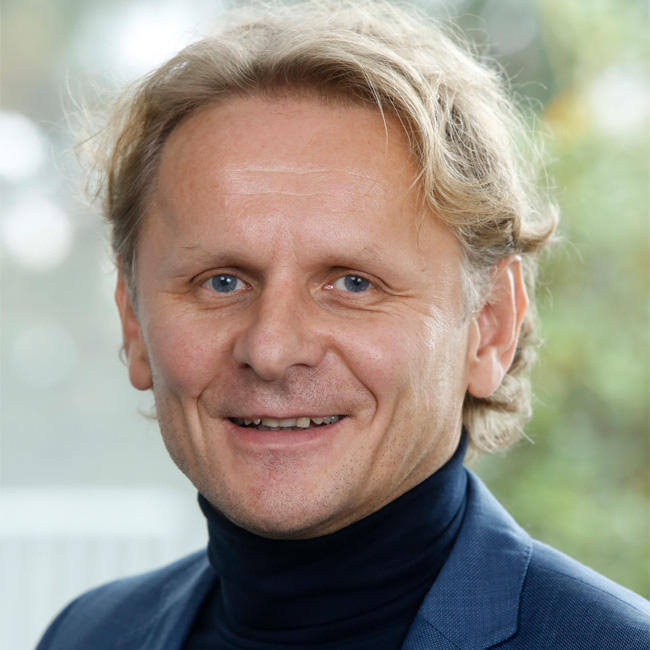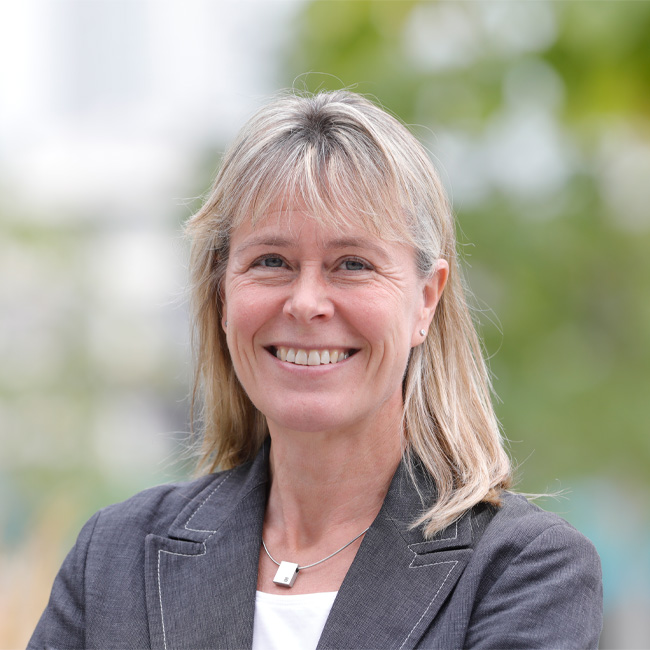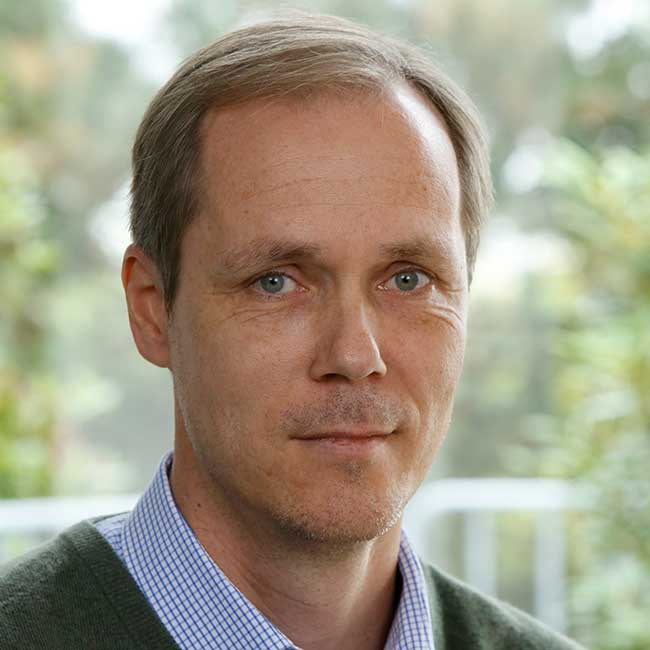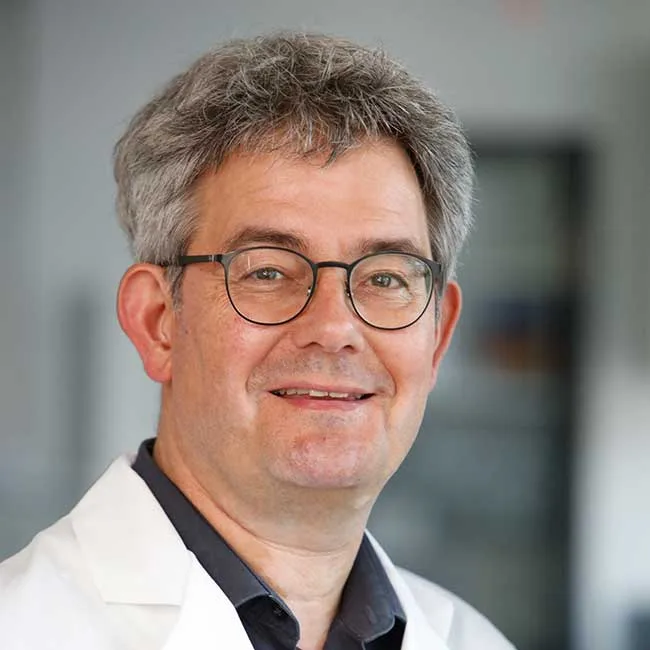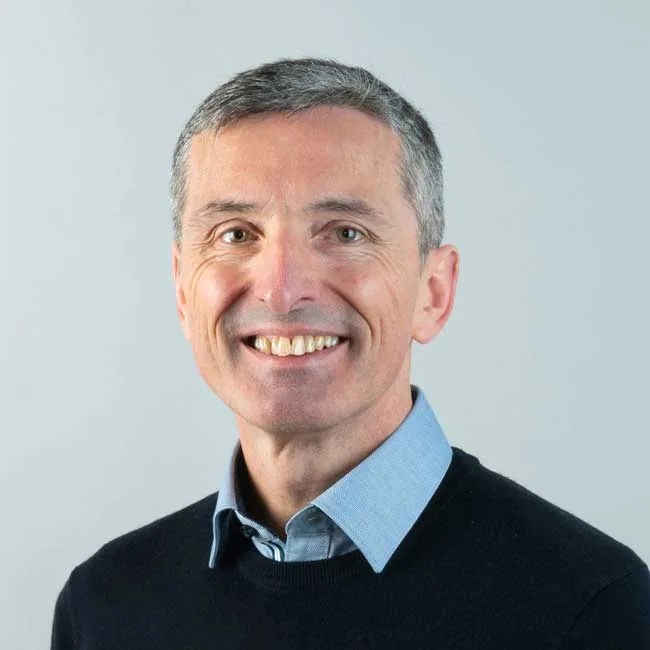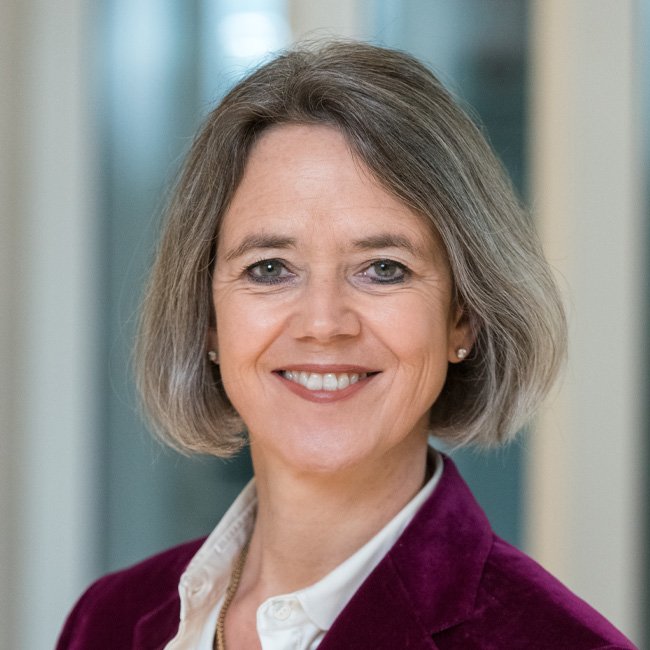Seven of the almost 7,000 most cited scientists in the world conduct their research at Goethe University Frankfurt, according to the latest citation ranking of Clarivate Analytics’ “Web of Science”.
More often than not, particularly fundamental scientific findings result in a contribution being cited frequently by other scientists. That is why citation frequency is an indicator not only of the published articles’ scientific significance, but also of the scientific authors’ visibility in the scientific community.
Once a year, information and technology group Clarivate Analytics evaluates its “Web of Science” citation database, and, on the basis of this information, publishes the “Highly Cited Researchers” ranking. The current ranking includes 6,849 scientists, in no particular order, who are part of the one percent whose scientific articles in the natural and engineering sciences, medicine, economics and business as well as social sciences were cited most frequently between 2021 and 2022, either within their own or in different fields (“cross-field”).
The “highly cited” Goethe University researchers of 2023 are:
Prof. Dr. Ivan Đikić / Director of Goethe University’s Institute of Biochemistry II (Molecular Cell Biochemistry) in the categories “Biology and Biochemistry” and “Molecular Biology and Genetics”. Prof. Dr. Ivan Đikić is a speaker of the EMTHERA Cluster of Excellence initiative.
Prof. Dr. Stefanie Dimmeler / Director of Goethe University’s Institute of Cardiovascular Regeneration / Institute for Molecular Medicine / DZHK German Centre for Cardiovascular Research (DZHK) / Spokesperson of the Cardio-Pulmonary Institute (CPI) Cluster of Excellence of Goethe University, Giessen University and the Max Planck Institute for Heart and Lung Research in the category “cross field”.
Prof. Dr. Florian Greten / Director of the Georg Speyer Haus – Institute for Tumor Biology and Experimental Therapy / Professor of Tumor Biology at Goethe University / Spokesperson of the LOEWE Center Frankfurt Cancer Institute in the “cross field” category.
Prof. Dr. Dr. h.c. Henner Hollert / Professor of Environmental Toxicology at Goethe University’s Institute of Ecology, Diversity and Evolution / Head of Department at the Fraunhofer Institute for Molecular Biology and Applied Ecology (IME), Schmallenberg / associate scientist at the LOEWE Center for Translational Biodiversity Genomics (LOEWE-TBG) Frankfurt in the “cross field” category.
Prof. Dr. Gerhard Hummer / Director of the Max Planck Institute of Biophysics / Professor at Goethe University’s Institute of Biophysics in the “cross field” category.
apl. Prof. Dr. Sibylle Loibl / Goethe University’s Faculty of Medicine / German Breast Group Forschungs GmbH, Neu-Isenburg in the “clinical medicine” category. Website.
Prof. Dr. Stefan Offermanns / Director at the Max Planck Institute for Heart and Lung Research, Bad Nauheim / Professor of Pharmacology at the Center for Molecular Medicine, Goethe University Frankfurt, in the “cross field” category.
Photo apl. Prof. Dr. Sibylle Loibl: Joppen for GBG Forschungs GmbH; Photo Gerhard Hummer: Shau Chung Shin, Max Planck Institute for Heart and Lung Research; all other photos: Uwe Dettmar for Goethe University


